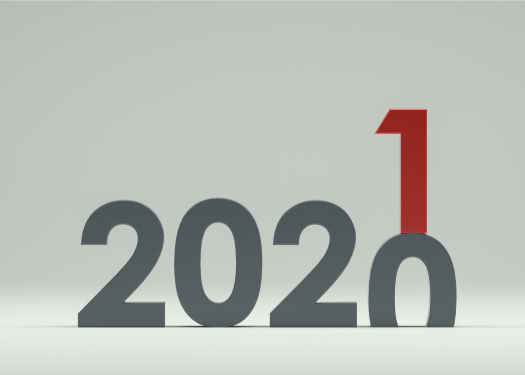Blog Posts: Benefits Law Update
Visit the Full BlogNamed a Top 10 Blog in Compensation and Benefits, Verrill's attorneys use the Benefits Law Update blog to provide timely updates and commentary on developments in law affecting employee benefit plans and executive compensation arrangements.
Retirement Plans: What Categories of Employees may be Excluded?
Maine’s Mandatory Retirement Savings Program: What Employers Need to Know
New Options for Retirement Plan Distributions Under SECURE 2.0
401(k) Plan Matching Contributions: To True Up or Not True Up?
Agencies Heed President’s Call to Take Action to Protect Access to Sexual and Reproductive Health Care Post-Dobbs
Correcting 401(k) Plan Excess Elective Deferrals
IRS Issues Guidance Clarifying the Application of COVID-19 Outbreak Period Extensions for Electing COBRA Continuation Coverage and Paying COBRA Premiums
Employee Benefits & Executive Compensation 2021 Summer Client Advisory
DOL Cybersecurity Guidance
Order of Benefit Deductions from Employee Pay
Employee Benefits & Executive Compensation 2020 Year-End Client Advisory













